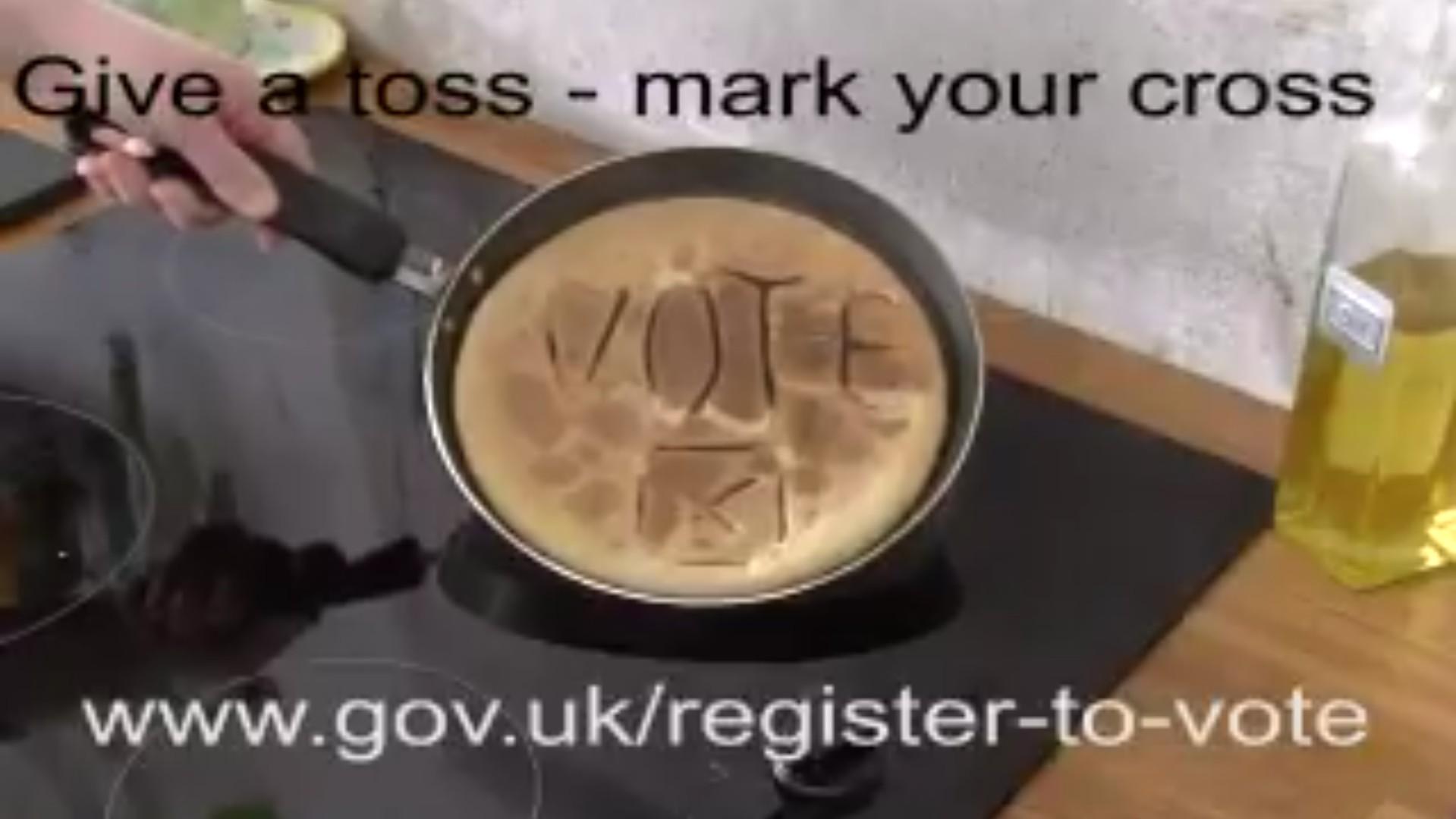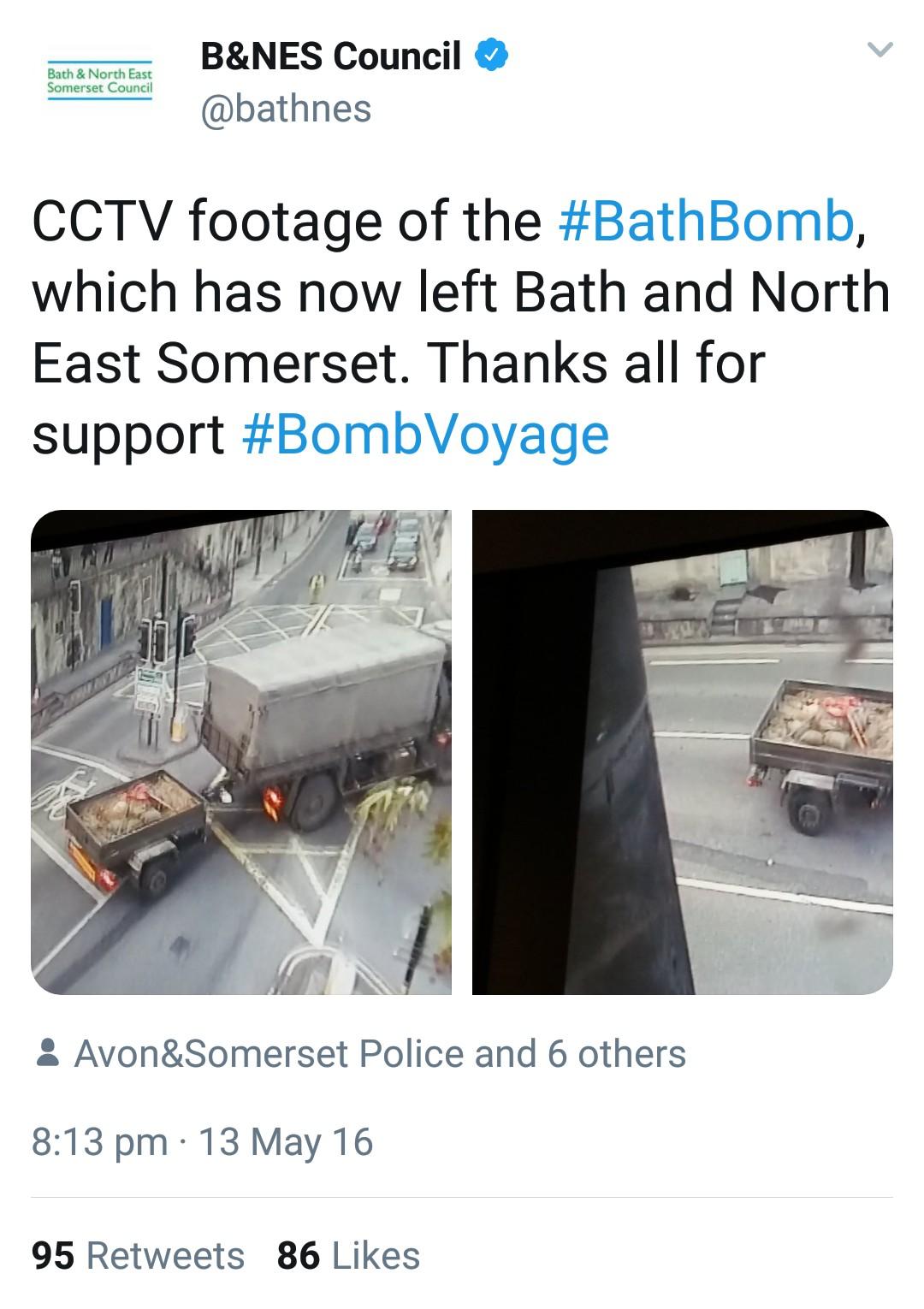Many have made the move from journalism to PR. This post reflects on 10 years on the bright side…
by Daniel Cattanach
“You'll never get the same buzz from PR as you do from journalism.” Those words from my old chief reporter still ring in my ears to this day - just as they did when I walked through the doors of my first PR job, 10 years ago.
I could understand why he felt that way - he’d turned down an in-house PR job at an industrial company years previously. It didn't seem like it could possibly compete with the sheer variety of stories that he'd come across during his decades of local newspaper reporting. In his time he'd dealt with countless court reports, been enthralled by scores of golden/ diamond wedding couples all eager to impart their secrets to a successful marriage; and he'd also covered a fair few difficult stories - such as the unsolved case of a baby’s remains being found in a concrete block, and the toughened steelworkers trying hard not to shed a tear over their final shift as the ages-old industry that they'd built their lives on had finally died in their town.
Indeed, during the three years I'd spent on my home patch for the local weekly and daily, I had my fair share of eventful days; including visiting my first crime scene (stolen fish - in which I discovered how to spell Koi carp so that it didn't read like they were just being shy), and interviewing my childhood pop idol Kim Wilde at a Cumbrian slate mine as she dug for victory with a gold medal at the Chelsea Flower Show. There are also days I'll never forget; like reporting on the funeral of an old school mate who'd been shot while serving in Iraq, and the kind letter from the widow of a sailor - who had been lost at sea - thanking me for covering his requiem sensitively.
However, I also remember speaking with people who felt they'd been let down by an organisation and were convinced that getting their story in the paper would help them bring about a change for the better. I would always tell them that I'd do my best but I also urged them to speak with the organisation in question directly (whether it be local authority, utility supplier or widget company); for as another (now ex-journo) colleague used to remind me: “What we write would be tomorrow’s fish & chip paper, if it wasn't for health & safety laws.”
I’ve always believed that the best way to achieve change and results is from within an organisation. That's why I was so excited to begin my comms career with my local authority, Allerdale Borough Council, on my home turf - it was an even prouder achievement for me than working for the BBC; walking through the hallowed corridors of Television Centre; talking about head lice with John Humphrys and setting up live broadcasts in far away places - and yes; it was even more exciting than interviewing my pop idol (sorry Kim).
Stepping inside “the cloud factory”
From day one at Allerdale, my communications and marketing manager instilled in me a “can-do” attitude. While my old newspaper was going through the bureaucracy of scheduling video production training - leaving journos chomping at the bit for months on end, even though they'd already been doing photojournalism for ages - my brilliant boss let me pull together a shopping list for her to approve (camera, microphone, tripod, editing package), and then I was given free rein. During that first summer I was empowered to set up and produce short videos every month - profiling council initiatives and services via our website and YouTube channel. Alongside writing news releases and providing photography/ editorial for the residents’ magazine, it was a great way of getting to know colleagues across the council and get to the heart of what they did - from food hygiene to grave digging. It also offered great scope for creativity - with parodies of Match of the Day and Hugh Fearnley-Whittingstall helping to make our content even more engaging.
Having that creative freedom to try out fresh ideas - learning from what worked (and what didn't) - is why I used to call Allerdale Council “the cloud factory” (based on their cloud logo) - a nickname which has stuck with me and my young daughter to this day.
Social media was still in its infancy in 2008 but our tiny communications team (the two of us) took a chance on launching our own Facebook page and developing the Twitter feed that the clever bods in IT had registered a year or so earlier). We discovered how we could connect with our communities directly - especially in times of crisis; such as when severe flooding devastated our area in November 2009. As well as managing media requests, as part of the emergency response, we were also able to co-ordinate offers of help for people flooded out of their homes - advising the public of what was needed and which reception centres they could take their donated items too.
It was a tremendously challenging time but also an extremely rewarding one - I learned a lot about the human spirit; not least that of my council colleagues who stepped up to support others in the emergency response (even if they had seen their own homes flooded too). Being able to directly connect with people via social media was another eye-opener. Having previously being used to just rattling out stories with little feedback (except for the odd grumpy comment from a news editor), it was exhilarating to get instant reactions from your actual audience (yes - even the negative comments) which could help you tailor your approach, advise colleagues of service requests and improve your chances of connecting with people successfully.
Creating the buzz
It’s great to see public sector comms professionals across the nation are becoming increasingly comfortable with pushing the boundaries via social media - especially with the inspirational comms2point0 community offering support and advice. It's heartwarming to witness the creativity and passion of colleagues and peers driving each other forward to deliver the goods and achieve more.
Yes, it can be scary; whether it's tweeting a pancake art video to improve voter registration with a risqué strapline (“give a toss - mark your cross”) or a tongue-in-cheek pun to express relief after being part of round-the-clock information service covering the safe disposal of a WW2 explosive (“#BombVoyage”). But it's also thoroughly rewarding when you make that connection with people - resulting in a string of positive reactions, increased engagement and more people taking up services (or reducing demand/ pressure on resources).
Lately we've been trying a more forthright comms approach to deal with repeated anti-social littering in our local parks and open spaces. When faced with yet another Monday-morning deluge of photos showing litter strewn around full bins, we decided to take a stand. As well as thanking people for highlighting the problem and confirming that we’re clearing the mess up ASAP, we also ask if we can use their photos in a series of posts intended to shame people into taking their litter away with them (ideally to recycle at home) and reporting full bins.
I'm relieved to say that our first post succeeded in hitting the mark - with overwhelming support from the public who were also fed up with those who showed no respect for the environment. In under 24 hours, our Facebook post had been seen by 6,172 people – with 2,864 click-throughs from people wanting to see more photos, along with 277 comments, reactions and shares of the post.
Sure, we’ve received some comments which questioned our lack of professional tone on the corporate accounts, or suggested that we should “just put out bigger bins”. But these are in the minority. Overall there is a real groundswell of empathy for our messages - with others commenting on our behalf - as together we continue to encourage the community to do the right thing.
When we mentioned our impressive level of organic engagement (coming from a Facebook page with just over 1,000 followers), one local reporter remarked: “One can only dream of those Facebook stats.”
So looking back over the last decade (and comparing it with eight years in national and local journalism), I honestly believe that the real buzz comes from comms. Yes; there’ll always be the odd meeting that should've been an email, the to-be-expected last-minute request that's infuriating rather than exciting and, of course, the dreaded facepalm moment. But I've been bitten by the comms bug and it keeps me hanging on - not even Wilde horses could drag me away.
Daniel Cattanach is news & media manager at Bath & North East Somerset Council
image via Tobias Myrstrand Leander





